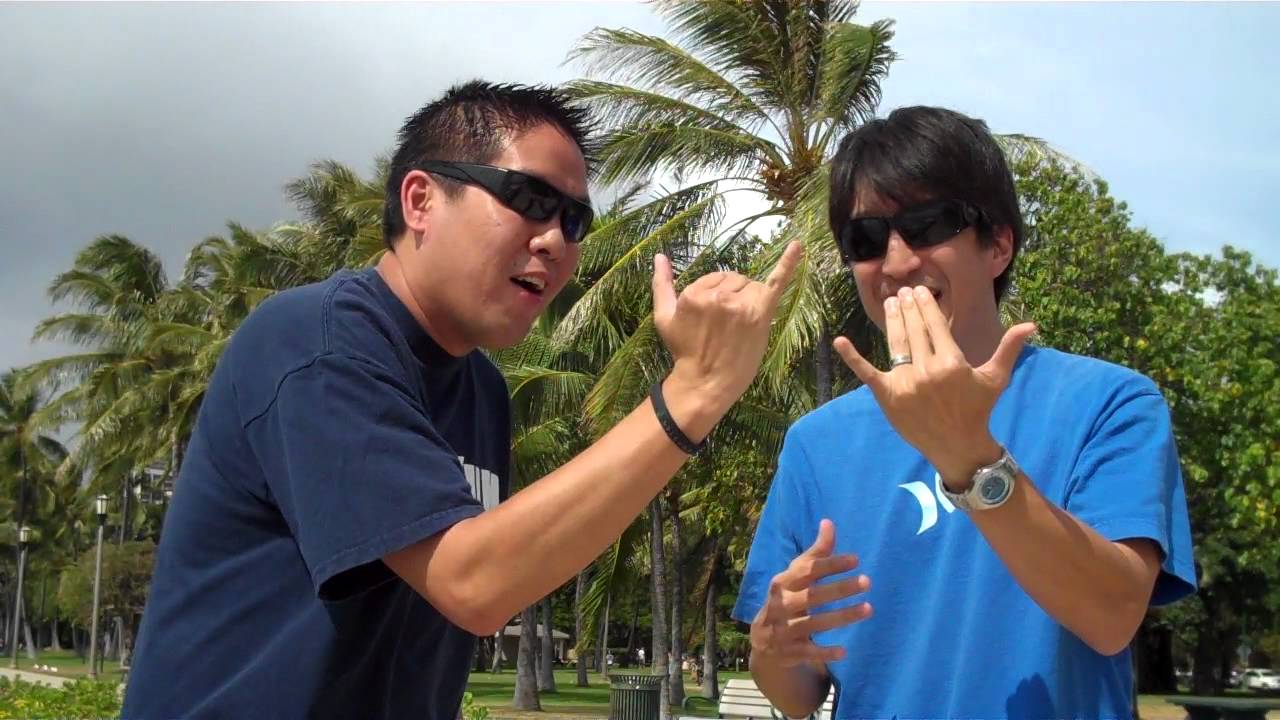

Maybe you end up walking on the beach or stopping to see if a friend is home. This term perfectly captures the laid back Hawaii lifestyle: It usually means going for a drive around the island just for the fun of it with no set plan or destination in mind. You know everything about one another and forget that you actually aren’t related at all.

They are usually the children of close family friends that you grew up with and who are of a similar age. Although technically not related to you, your calabash cousins are so close that they become an extended part of the ʻohana (family). Obama even used this one in a graduation speech at Arizona State University. Yelling it to a friend will give them a boost of confidence to face their fears and take a risk (maybe not always in a good way) because they know you’re backing them up. Some people say it when they see someone doing something crazy, others use it to say, “try your best”, “you can do it” or “don’t give up”. He geev’um brah!” Geev’um is like “go for it,” but means so much more and works in so many contexts. Kalua pig, squid luau, beef stew, pretty much any local food or plate lunch will do it. Everyone eats until they’re stuffed, sluggish, tired and about to fall asleep. Whenever there’s some ono grindz around, the kanak attack takes over. Take a look at the people at the end of a baby luau, graduation party, or after eating tutu’s homemade laulau.


 0 kommentar(er)
0 kommentar(er)
